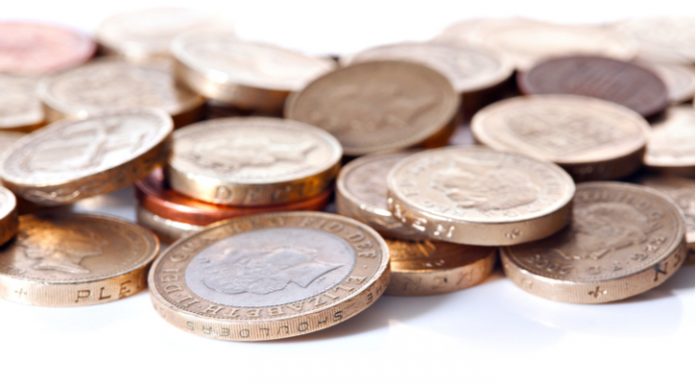- Fears that the lockdown in Melbourne will need to be extended drag on the Australian Dollar
- Australian building approvals hit an 8 year low
- Pound (GBP) supported by signs of recovery in mortgage lending and consumer spending
- Car production slumps to lowest level since 1950’s
The Pound Australian Dollar (GBP/AUD) exchange rate is trending higher for a sixth straight session on Thursday. The pair settled +0.08% at 1.8081 on Wednesday. At 08:15 UTC, GBP/AUD trades +0.44% at 1.8165 towards the upper end of the daily trading range. This is more associated with Aussie Dollar weakness rather than any notable Pound strength.
The coronavirus outbreak in Australia is worsening which is dragging on demand for the Aussie Dollar. The state of Victoria reported its worst death toll and case rise since the pandemic began, raising fears that the current six week lockdown in Melbourne is not working.
As fears grow that Melbourne’s lockdown will be extended the Australian Dollar has come under increased pressure.
Domestic data was unsupportive of the Aussie Dollar after building approvals fell to an 8 year low in June. Approvals for new homes declined -4.9% month on month, after slumping -15.8% in the previous month. Economists expect the home building market to worsen as unemployment increases from the coronavirus impact.
The Pound was trading broadly lower versus its major peers on Thursday amid mixed data points. Mortgage approvals almost quadrupled in June compared to May’s record low and households also showed signs of spending more as lockdown measures were eased.
Lenders approved 40,010 mortgages in June after just 9,273 were approved in May. This was larger than analysts were expecting, although they are still some 46% short of where they were pre-covid. Households also repaid £86 million in unsecured debt, well below the £2 billion forecast in a tentative sign that UK consumers were returning to pre-covid habits as the economy slowly reopened.
On the other hand, UK car production plunged by 42% in the six months to June as plants closed in March with some only reopening in May. The Society of Motor Manufacturers and Traders expects the UK to produce a third fewer cars this year than last owing to the coronavirus crisis.





